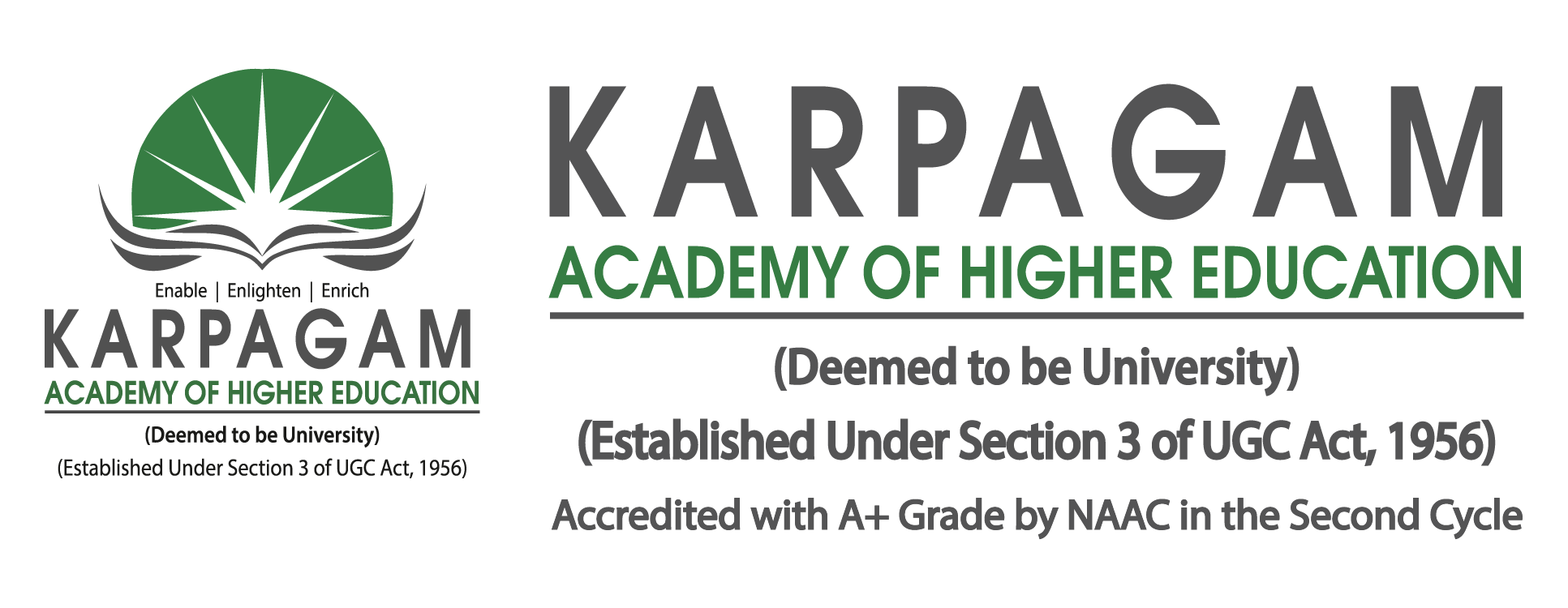It is seen mostly that most of us tend to force our religious ideas on children without giving them much opportunity to explore. An exclusive focus on a single religion could be more harmful than no exposure to any religion.
For many years, it is evident that standard practice is being followed by religious parents to pass on their traditions to their children before they start their study at reputed institutes like Karpagam Architecture, India’s best architecture college. It has also been common for parents to want their children to join the family’s faith community. Times have changed. Nowadays, a significant number of parents consider themselves spiritual but profess no religious affiliation. Many follow secular humanism. Others focus exclusively on the secular education of their children, not wanting them to participate in religious activities or classes, as they see no career value in religion.
On the web, you can find statements as to how children, given time, will figure out by themselves all about conduct and duty. However, I know educators who have sufficient personal experiences to strongly disagree. They have shared their dismay that many students in their school regularly cheat to get ahead in class. To them, winning is what matters and the virtue of honesty is of lesser import. You will not see the same case at Karpagam Architecture, Top B arch college in Tamil Nadu.
- Study on how religions are teaching children
To understand how religion is being taught, we can turn to the 2019 book, Religious Parenting: Transmitting Faith and Values in Contemporary America, authored by Professor Christian Smith and co-authored with Bridget Ritz and Michael Rotolo, who interviewed hundreds of individuals of diverse religious backgrounds, including Hindus and Buddhists.
They found that, amid massive variation, parents share an almost similar approach to the religious socialization of their children. For almost all, faith is important for the framework that it offers to become one’s best self on the path of life, which you will learn more about at Karpagam Architecture, Top architecture colleges in South India.
On a small scale, some research in Asia among Hindu parents and found that many hold a similar perspective: that faith training develops character and helps their children to more confidently and effectively handle life’s challenges. Parents shared that religion is like a kite string that holds individuals to their earth-bound reality and keeps them from drifting into oblivion.
- Seeking utmost happiness
Parents are naturally focused on raising their children to be successful. To many, success is defined almost exclusively as material prosperity, which is best achieved by pursuing a high paying, highly demanding professional career. Of course, this strategy includes marrying an equally educated and socially positioned spouse. This definition of success ignores a crucial component—being happy. “Learn to be happy by seeking happiness, not from others but from the depths of the soul itself.” To achieve this: “Put a smile on other people’s faces. Gain your satisfaction by making other people happy and observing your own good states of mind. ” Contentment comes from giving, not from getting.
- Getting a grip on anger
Few things ruin the quality of life more than anger. Therefore, learning to minimize expressions of this negative emotion and eventually eliminate them is important. A deep understanding of the law of karma allows us to accept what is happening to us as what should be happening to us and not become angry about it. We accept that it is in our karma to experience what we are undergoing, both positive and negative. Whatever is happening to us is precipitated by our actions in this and past lives. So, at Karpagam Architecture, the first choice of architect colleges in Coimbatore, make sure you stay focused on happiness and work your way to success.
- Controlling stress
Hindu children face stress in the form of major exams in school, which start as early as age eight in Asian countries. Under such stress, they can’t do their best work or learn effectively. Hatha yoga asana routines have the power to balance the nervous system and reduce anxiety if performed regularly every week. Another method is the regular practice of diaphragmatic breathing. The basic concept is to train yourself and your children, not from the mouth, and to breathe from the diaphragm. That’s the natural progression.






